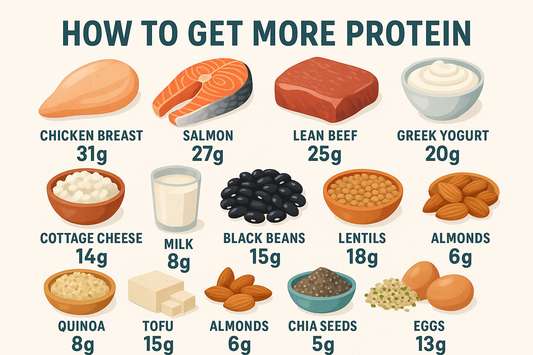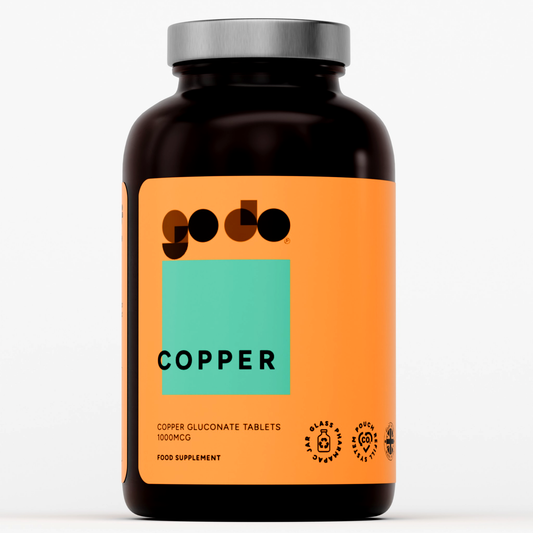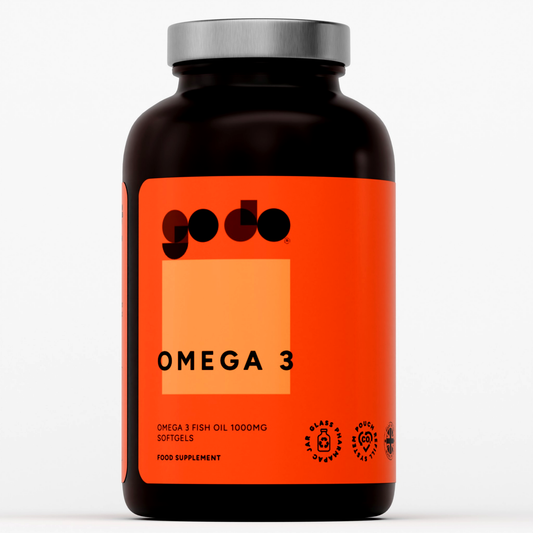As the name suggests, sports supplements are products primarily used to enhance athletic performance. These over-the-counter supplements include an extract, combination, or concentration of minerals, herbs, botanicals, amino acids, or vitamins, and can be purchased without a prescription.
Because of their accessibility, many sports organizations have adopted several different policies on sports supplements. The IOC, NFL, and NCAA have banned the use of ephedra, androstenedione, and steroids, which the NFHS strongly recommends student-athletes to consult with their healthcare providers before taking any supplement.
Creatine is a natural supplement that boosts athletic performance. Along with being extremely safe to use, it’s also one of the most effective and popular supplements for building muscle strength. The product is used to help improve jumping height, soccer performance, and rowing performance in athletes. However, creatine’s effect on cycling, swimming, and sprinting performance varies among athletes. The varying results might be because of the differences in creatine doses, the small size of the studies, and the differences in the methods used to measure performance. It’s also important to know that the supplement does not improve serving ability in tennis players.
Creatine is also used to treat guanidinoacetate methyltransferase deficiency or GAMT in children and young adults. This disorder prevents the body from producing creatine, which can lead to seizures, decreased mental function, movement problems, and autism. However, the creatine levels in the brain can be increased by taking the supplement daily for three years.
Fish oils
Fish oil supplements are formulated with omega-3 polyunsaturated fatty acids and are used together with exercise and diet to help decrease triglyceride levels in the blood. Furthermore, the supplement contains both eicosapentaenoic acid (EPA) and docosahexaenoic acid (DHA). In simpler words, it contains essential nutrients which help prevent and manage heart disease.
- According to recent studies, omega-3 fatty acids also help in:
- Reducing the likelihood of stroke and heart attack
- Lowering blood pressure
- Reducing the risk of an abnormal heart rhythm
- Slowing the development of plaque in the arteries
- Lessening the likelihood of sudden cardiac death in individuals suffering from heart disease
Magnesium
The eighth most abundant element on the earth, magnesium is present in every organ of the human body. Along with playing a crucial role in our metabolism and several other bodily functions, magnesium is also used by the cells to transport potassium and calcium ions across the cell walls. In fact, healthy magnesium levels are essential in achieving optimum nerve function, heartbeat, muscle contraction, and healthy bones. Low levels of magnesium have further been linked to depression, anxiety, attention deficit hyperactivity disorder, irritability, and osteoporosis.
Magnesium supplements are used to prevent kidney stones, migraine headaches, and hearing loss. The supplement is also said to improve athletic performance and treat sleep troubles, including insomnia and restless leg syndrome.
While magnesium is one of the seven major minerals the human body needs in relatively large amounts, too much of one mineral can result in a deficiency in another. In this case, excessive magnesium can cause calcium deficiency. Although few people overdose on minerals, it is still possible to get too much magnesium from laxatives or supplements.
Vitamin D
Another essential vitamin, vitamin D helps regulate the phosphorus and calcium present in the body. The product also plays an important role in maintaining and developing proper bone structure. Taking phosphate supplements, along with vitamin D supplements, helps treat bone disorders in individuals who have low phosphate levels in their blood. The supplement is also used to increase calcium blood levels in people suffering from low parathyroid hormone levels. Vitamin D is also used to treat and prevent rickets.











